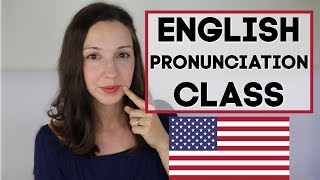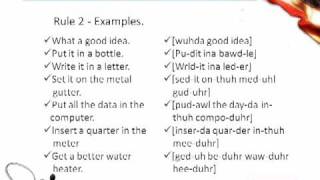Saturday, 17 January, 2026г.
















Где искать: по сайтам Запорожской области, статьи, видео ролики
пример: покупка автомобиля в Запорожье
Use IDIOMS to sound more NATURAL | Speak like a NATIVE SPEAKER
#EnglishFluencyJourney#Idioms#SpeakLikeANativeSpeaker#SoundLikeANativeSpeaker
Contact Anna on collaboration and coaching sessions questions : [email protected]
Hey there! Here’s another video on commonly used expressions and idioms. Interested? Then let’s dive in! It’s Anna and it’s the English Fluency Journey!
Our first one is:
Beg to differ/disagree/I beg to differ
This expression is a polite way to say that you don’t agree with someone.
When you’re discussing something with someone it’s almost certain that you won’t agree with everything that the other person is saying. And instead of saying “You’re wrong” it’s better to say something like “I beg to differ”!
Some people might think that if you start learning another language while you’re still learning English, you’re going mix them up and you’re not going to be fluent in any of them. But people who are fluent in more than three or four languages will beg to differ with that. Because in fact when you’ve learned a couple of languages it becomes much easier to learn another one.
Blow the whistle (on)/ Blow a whistle
It means to expose something bad or wrong to authorities about some wrongdoings or to someone who is at higher position. To someone who actually can do something about it In a hope to stop it.
You can blow the whistle on corruption, on a coworker if they did or are doing something bad, or on an employer or public institutions for something illegal or bad that is going on there.
Quote: If you blow the whistle on higher ups, because you’ve identified a legitimate problem, you shouldn’t be punished, you should be protected!
To go places/Someone is going places
If someone says something like “He’s definitely going places” they mean that they think that that person is going to be successful in the future. That they have talent and ability and it is very likely that they’re going to succeed.
Also it means to travel, but that’s sort of a given.
So it means to achieve something, to make progress, to become successful.
I’m sure, guys that you are going to go places with whatever you’re working on.
To a fault
It is used to emphasize that someone has a particular good quality more than is necessary, more than enough, excessively, to a great degree.
My grandma is caring to a fault.
My brother is generous to a fault and sometimes people use that.
Let someone have it
It means to attack someone, like actually beat them, thrash, hit them. Or to attack someone with words, to criticize or punish them, to tell them off.
And pay attention to this verb “let”, the three forms of let are “ Let, Let, Let”, so The past tense of LET is “LET”
The past participle of LET is “LET”
When my husband came back home, I let him have it for taking my keys, cause I couldn’t go out and just leave the door open.
When my mom sees this mess she’s really going to let me have it.
Shy away (from) smth
To avoid doing something, because you don’t like it or because you’re afraid or you’re not confident enough to do that.
I used to shy away from speaking English.
He’s not the type of person to shy away from a challenge.
For that matter
This phrase is used to emphasize firstly that something that you had said previously is as relevant as something that you said subsequently, and that the subjects in each case are equally relevant. It's also used to emphasize that something else that we’re discussing is true as well.
If you were to approach any company in Silicon Valley for a job, or anywhere in the world for that matter, you’d have go through a job interview.
You have to be mindful when you interact with people in your family or with people outside your family for that matter.
I stand corrected
This phrase is used when someone admits that they were wrong after someone else had told them about their mistake.
-Bill’s bought a brand new Volvo.
-No, he’s bought a Mitsubishi.
-Oh, really? I stand corrected. I’m not into cars much.
Теги:
english fluency jouney sound like a native speaker sound more natural speaking skills american english american accent I stand corrected For that matter Shy away Shy away from something Let someone have it To a fault To go places Someone is going places Blow the whistle Blow a whistle Beg to differ beg to disagree американский английский говорить как носитель языка speak like a native speaker
Похожие видео
Мой аккаунт


 У вашего броузера проблема в совместимости с HTML5
У вашего броузера проблема в совместимости с HTML5
![Speak English with an American Accent [8 Ways]](/images/mq/b/cd/8toUF3zIe9Q9I0.jpg)

